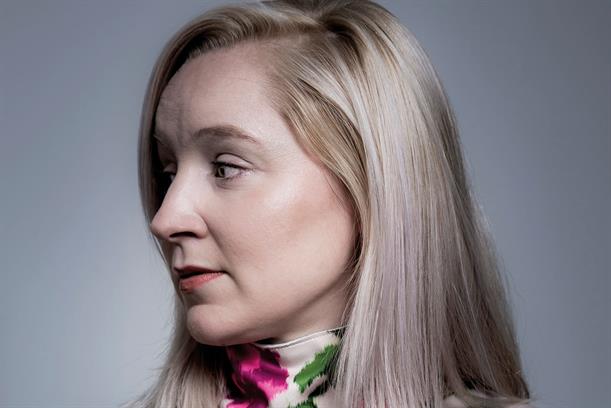Reckless assumptions are the death of creative ambitions.
You are a stay-at-home mother; you don’t have a job. A working mother; you don’t stay at home with your child. A spinster; you don’t have a partner.
These imagined absences wrap their tentacles around any given life choice. And then, of course, there is the toxic historical heartland of marketing to women, coupled with a well-established barrier to them excelling in their careers and accepting themselves for who they really are.
Women are judged harshly – even by other women – for traits that would see a man celebrated. This myth that women are in some way "too much" is part of the fabric of our society. They are either too fat, too greedy, too old, too plain, too clever or care too much.
It is a war of attrition, with the underlying message that "not being enough" is an accepted part of the narrative of everyday life. Next year, I will turn 40 and, like most people who have lost loved ones before they reach that age, I understand the privilege of growing old.
Yet, even in 2018, the media and ad industries continue to address ageing with lazy stereotyping and assertions that growing old is something women must "fight". It is difficult, then, to disconnect this from the dearth of older women in the industry.
Representation truly matters, not just because it is the right thing to do, it also makes business sense.
Research from UM and Karen Fraser shows that 76% of women over the age of 50 feel either very confident or somewhat confident inside their own skin. Yet their confidence is not matched by marketing messages that continue to ignore or undermine that strong sense of self.
In the midst of this it is clear to see how the creative ambitions of many women become suffocated.
As Madeline Morris, a senior creative and copywriter, who shared her experience of being made redundant in her fifties, explained: "I worried I wasn’t good enough. I wasn’t perfect. My opinion wasn’t valid. I suffered from imposter syndrome so I didn’t step up. I was shit at self-promotion and I was shackled by fear of failure.
"All things that women traditionally suffer from at work. So, from now on, I’m going to sing my own praises. I’m going to put my head up and take risks."
Often the ad industry sees youth as a shortcut to disruption and innovation. However, taking risks and ageing are not mutually exclusive.
Just ask Carrie Gracie, who, at the age of 56, quit her role as BBC China editor to address the corporation’s gender pay gap.
As she wrote in an open letter: "It is painful to leave my China post abruptly and to say goodbye to the team in the BBC’s Beijing bureau. But most of them are brilliant young women. I don’t want their generation to have to fight this battle in the future because my generation failed to win it now."
Gracie’s triumph in battle is a welcome reminder of the folly of underestimating the collective power of women, or worse still airbrushing us out of existence altogether.
Nicola Kemp is the trends editor at 北京赛车pk10.



